The search for the top 10 greatest NFL players of all time not only provides a list of legendary athletes but also ignites passionate debates among football enthusiasts. From dominant quarterbacks to unstoppable running backs, these players have left an indelible mark on the sport.
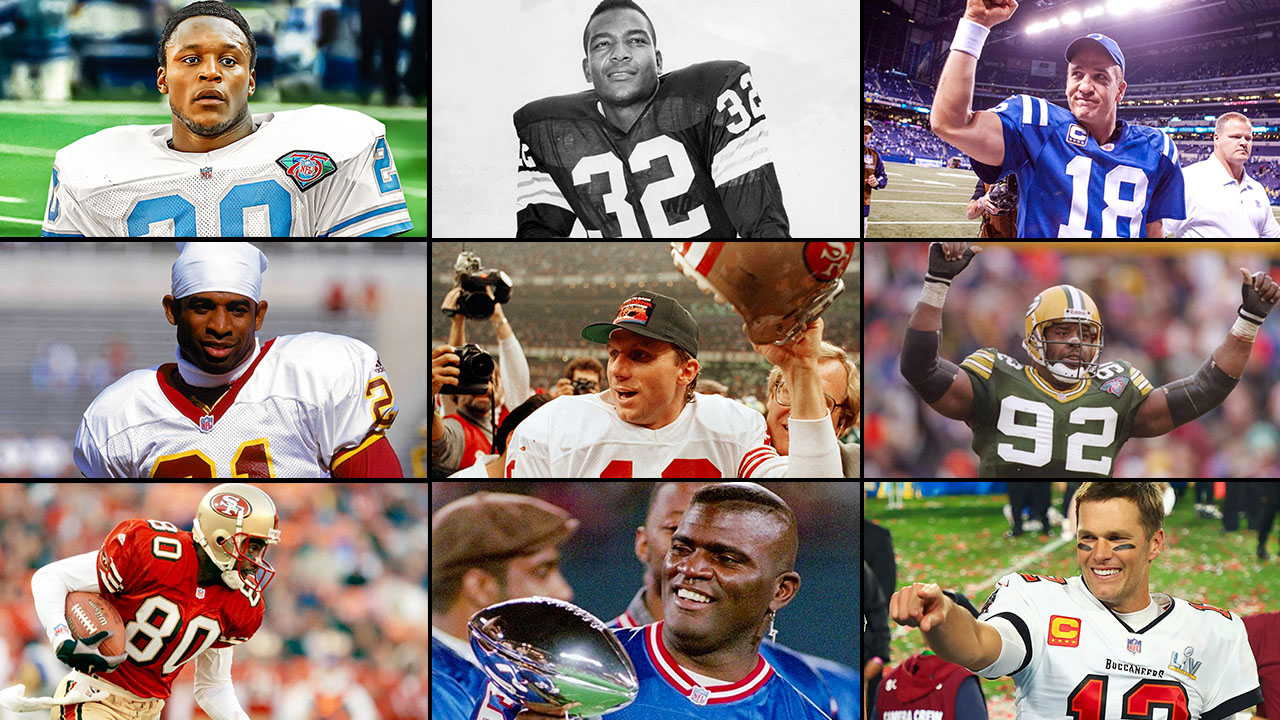
Top 10 greatest NFL players of all time
In this article, we will delve into the rankings, explore some of the greatest NFL players to ever grace the field, and analyze their impact on the game.
Tom Brady: The Undisputed G.O.A.T.
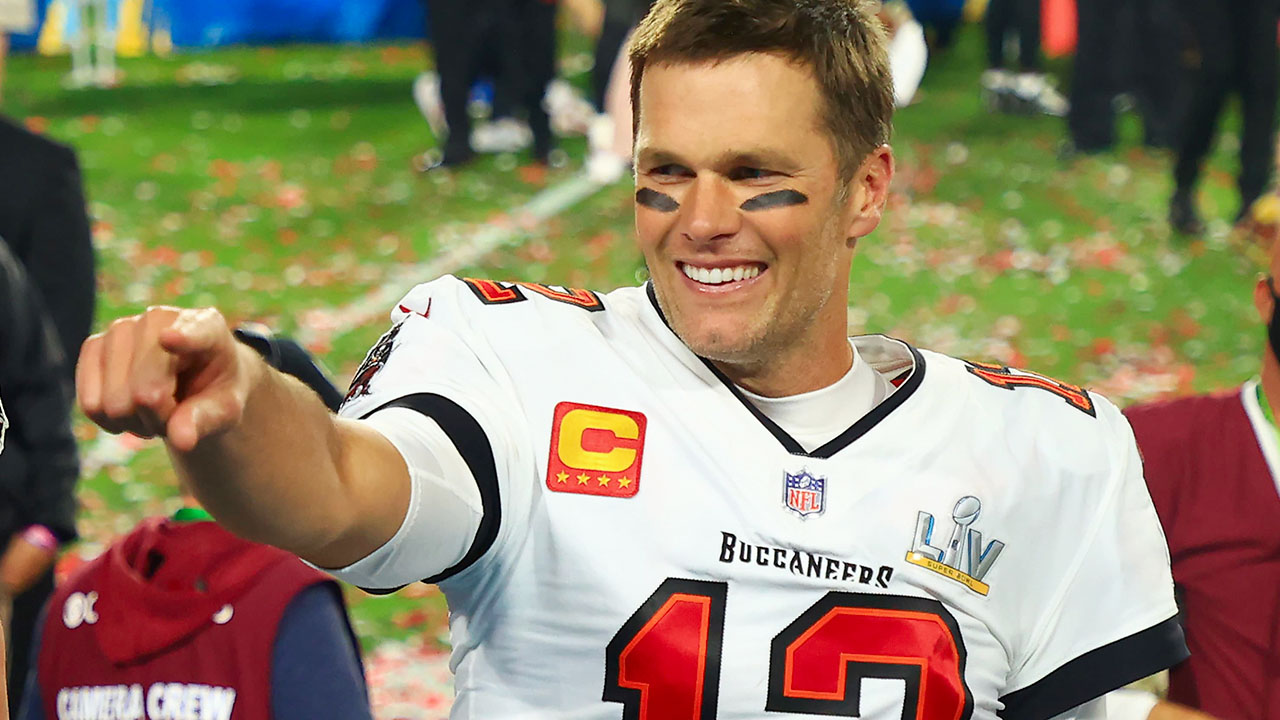
Tom Brady, also known as “Tom Terrific,” is placed at the top of the list. With his incredible success and numerous championships, Brady has solidified his status as a football legend. From leading the New England Patriots to six Super Bowl victories to his remarkable consistency and longevity, Brady’s impact on the game is unparalleled. His ability to perform under pressure and lead his team to victory is a testament to his exceptional skill and football IQ. Love him or hate him, Tom Brady is the undeniable greatest of all time.
Barry Sanders: A Running Back for the Ages
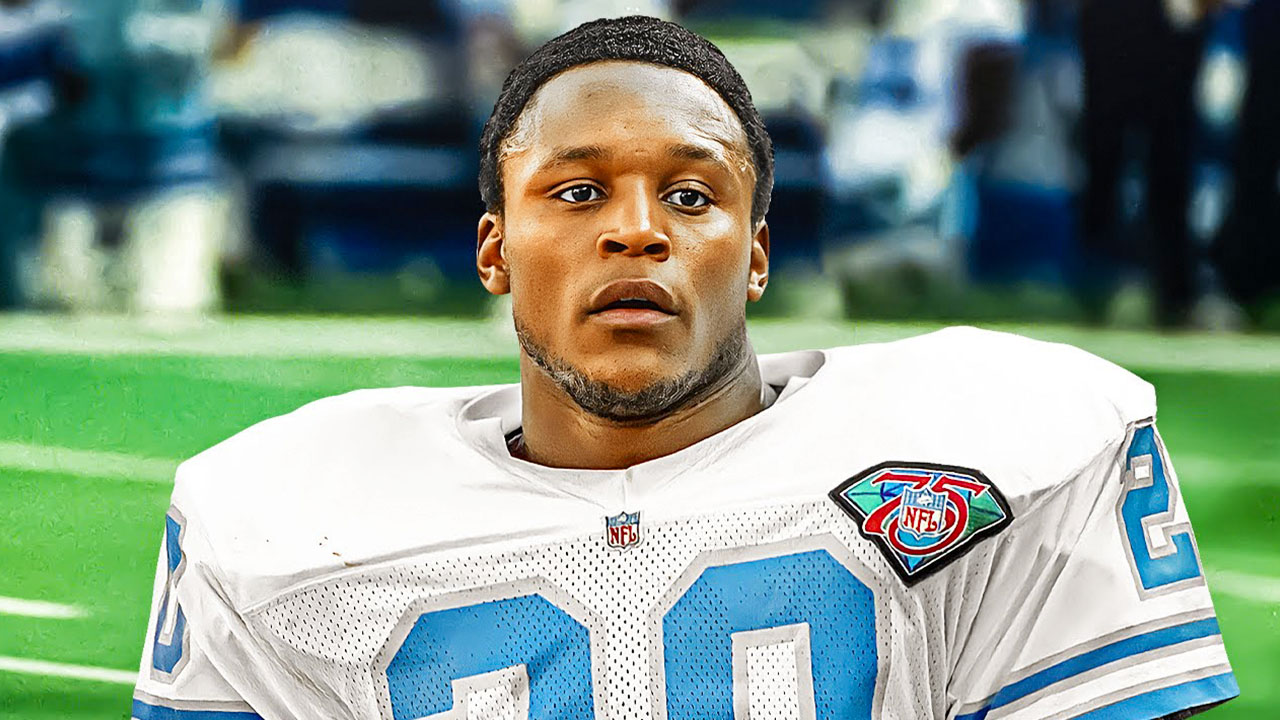
While Barry Sanders may not have a championship under his belt, he is often a topic of discussion for the greatest running back of all time. His dazzling runs, elusive moves, and impressive statistics make him a standout player. Sanders’ ability to change direction on a dime and leave defenders in the dust made him a nightmare for opposing teams. Despite playing for the Detroit Lions, a team not known for its success, Sanders’ individual brilliance and impact on the game make him worthy of a top spot on this list.
Jim Brown: The Dominant Force
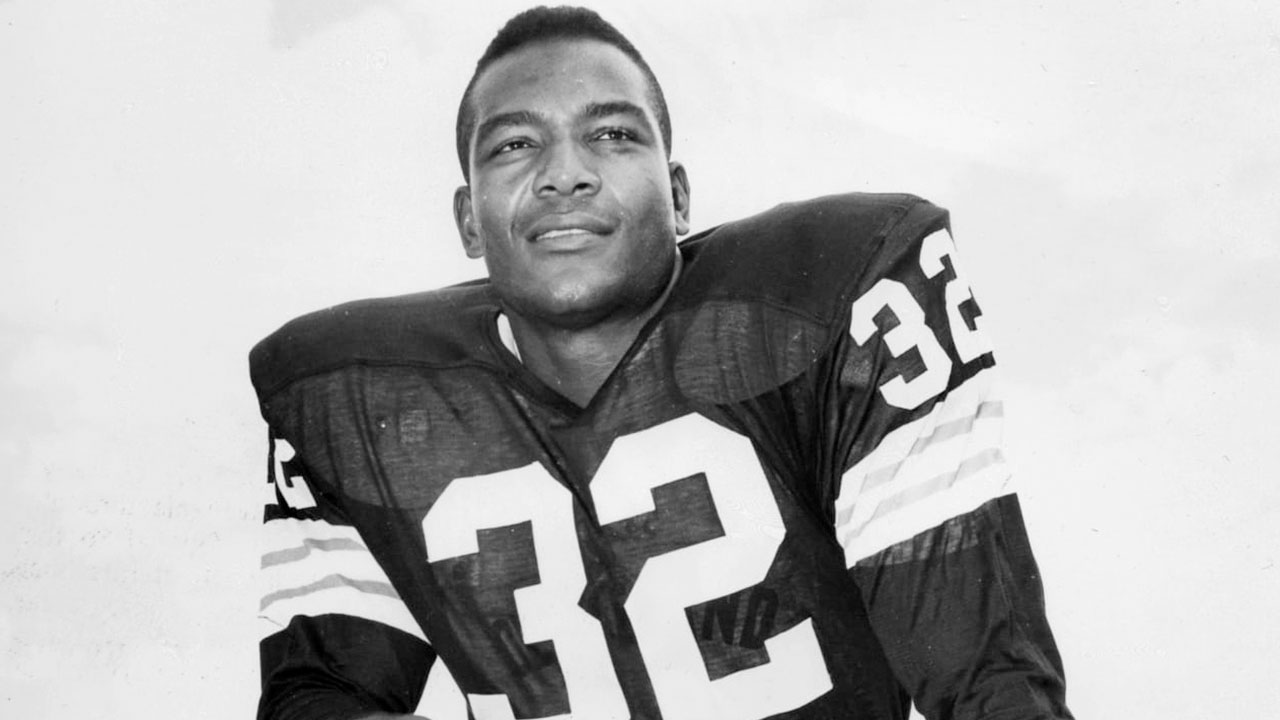
Jim Brown consistently emerges in conversations about the greatest of all time. With his dominance at the running back position during his relatively short career, Brown is often considered the best player in NFL history. His combination of power, speed, and agility, along with his exceptional vision on the field, set him apart from his peers. Brown’s impact on the game is recognized to the extent that the league has established an award, the Jim Brown Trophy, in his honor.
Jerry Rice: The Greatest Wide Receiver
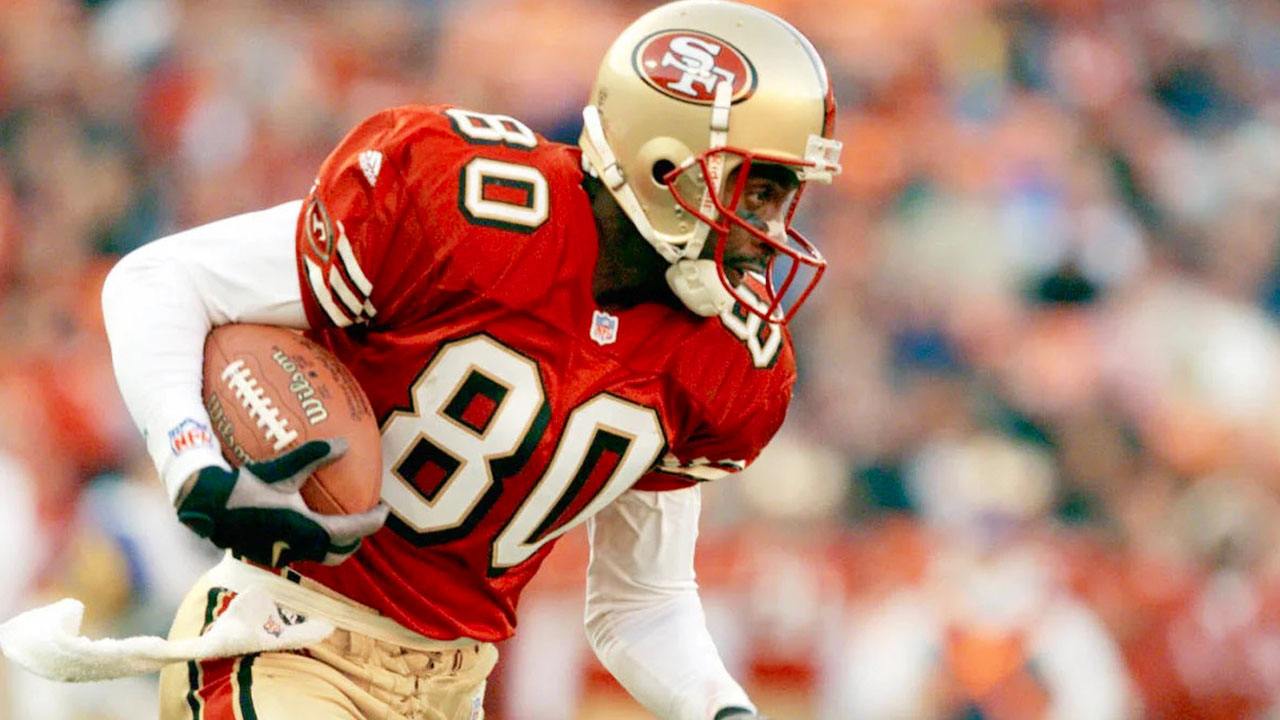
No list of the greatest NFL players would be complete without Jerry Rice. Considered by many as the best wide receiver of all time, Rice revolutionized the position with his unmatched work ethic and dedication to his craft. Known for his precise route-running, dependable hands, and incredible run-after-catch ability, Rice dominated the league for over two decades. His records, including most career receiving yards and touchdowns, speak volumes about his impact on the game.
Lawrence Taylor: The Defensive Beast
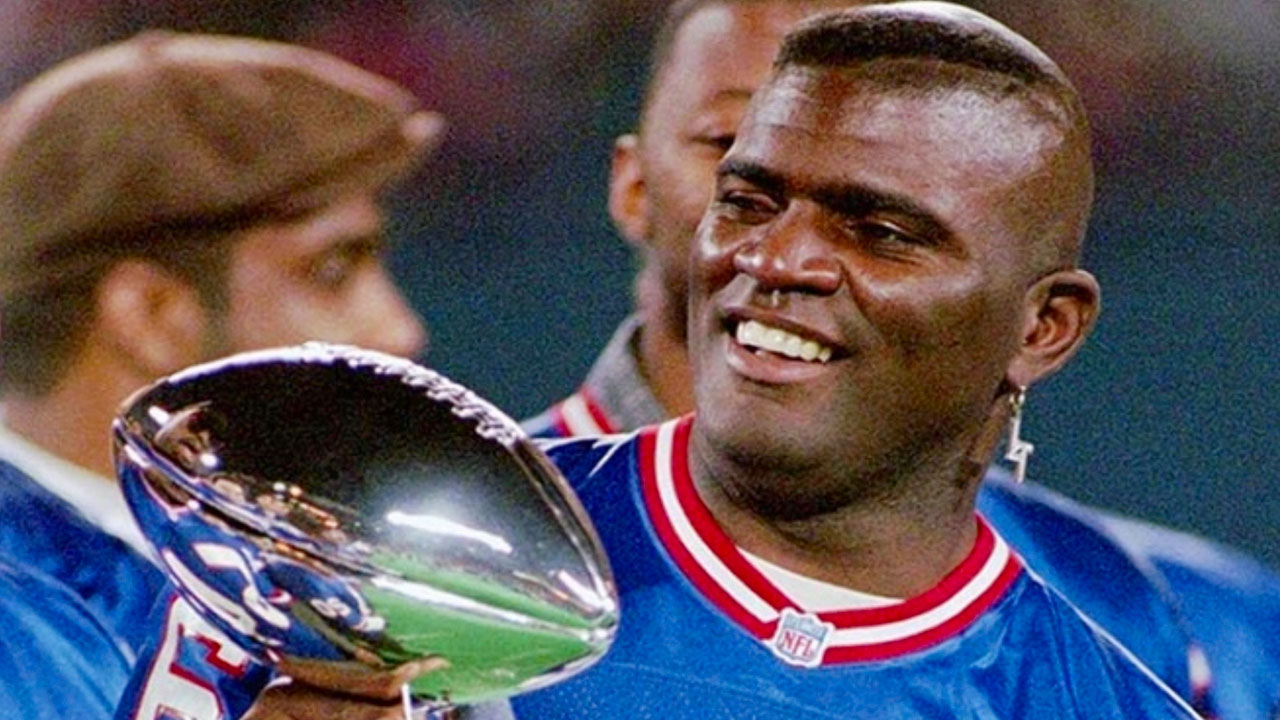
Lawrence Taylor is widely regarded as one of the most dominant defensive players in NFL history. Known for his ferocious playing style and unparalleled athleticism, Taylor wreaked havoc on opposing offenses. His ability to disrupt plays and terrorize quarterbacks made him a game-changer. Taylor’s impact on the game was so profound that he single-handedly transformed the linebacker position and set a new standard for defensive excellence.
Walter Payton: Sweetness Personified
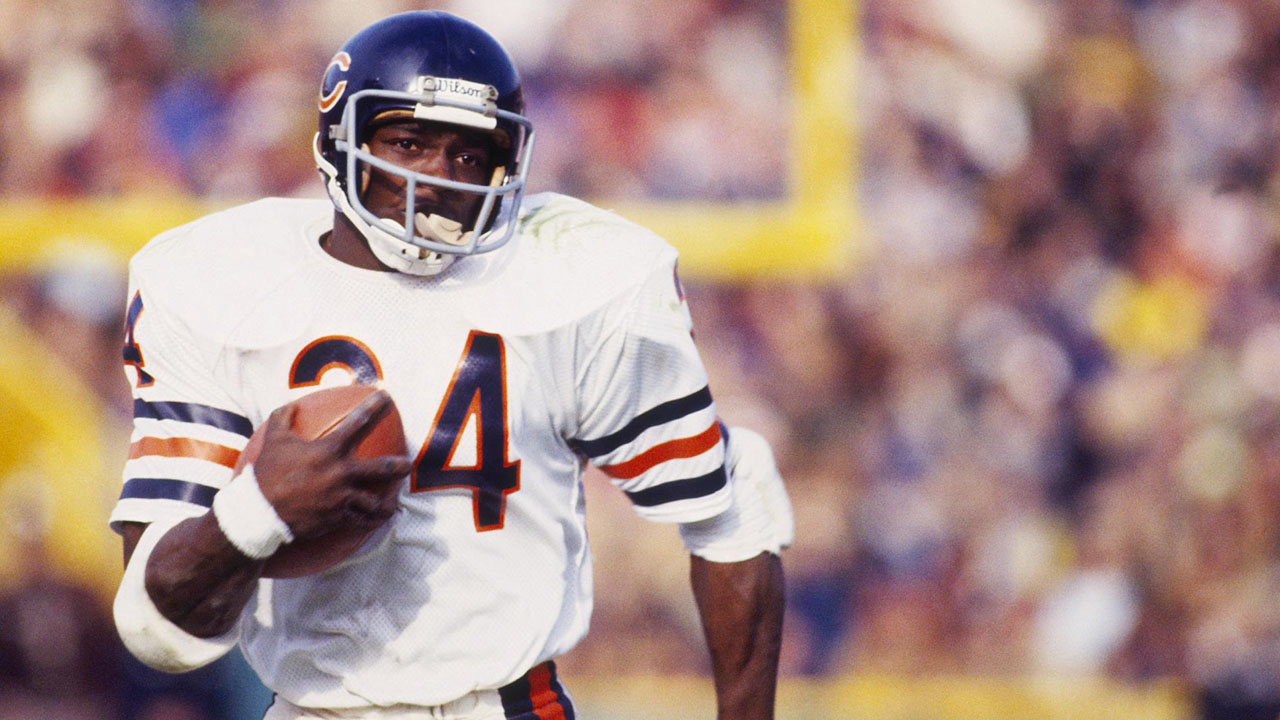
Walter Payton, also known as “Sweetness,” was a dynamic running back who played for the Chicago Bears. Payton’s combination of power, speed, and agility made him one of the most elusive runners in NFL history. He held numerous records during his career and was known for his relentless work ethic and commitment to the game. Payton’s impact on and off the field earned him the respect and admiration of players and fans alike.
Joe Montana: The Cool and Clutch Quarterback
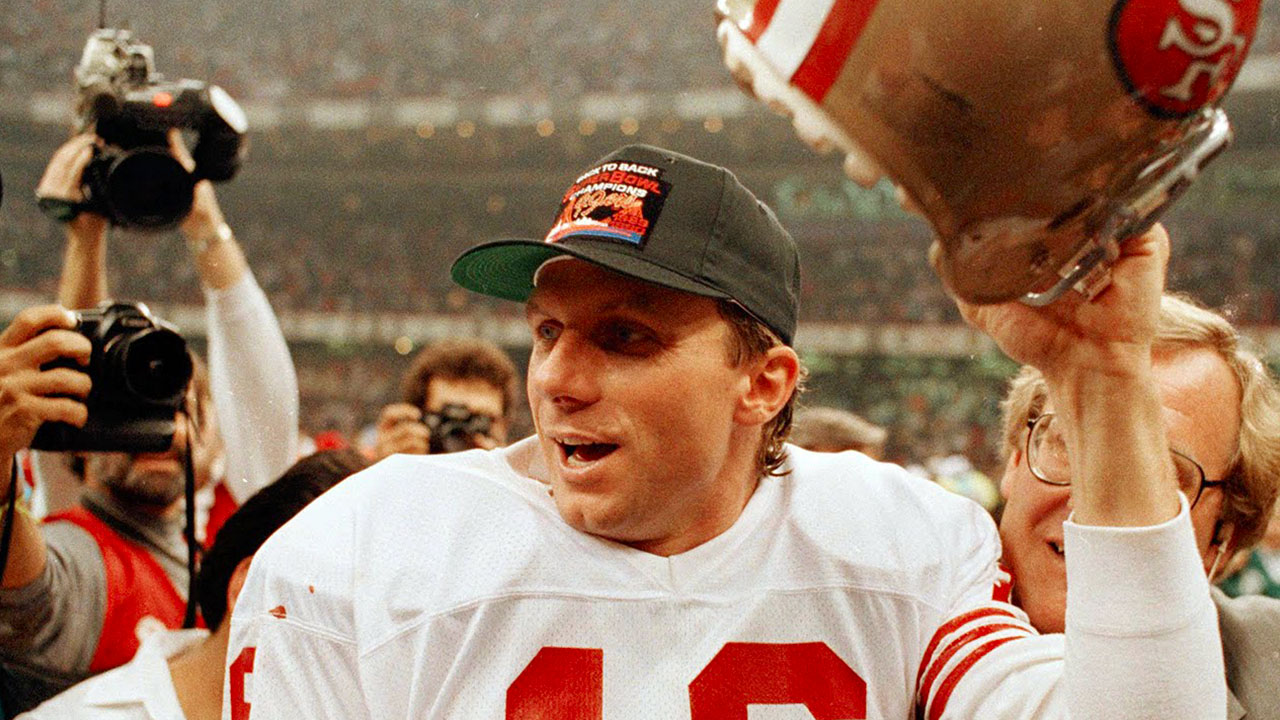
Joe Montana’s calm demeanor and ability to perform under pressure earned him the nickname “Joe Cool.” With four Super Bowl victories and three Super Bowl MVP awards, Montana solidified his place as one of the greatest quarterbacks of all time. Known for his pinpoint accuracy and ability to orchestrate a comeback, Montana consistently delivered when it mattered most. His leadership qualities and ability to rise to the occasion make him a true legend of the game.
Reggie White: The Minister of Defense
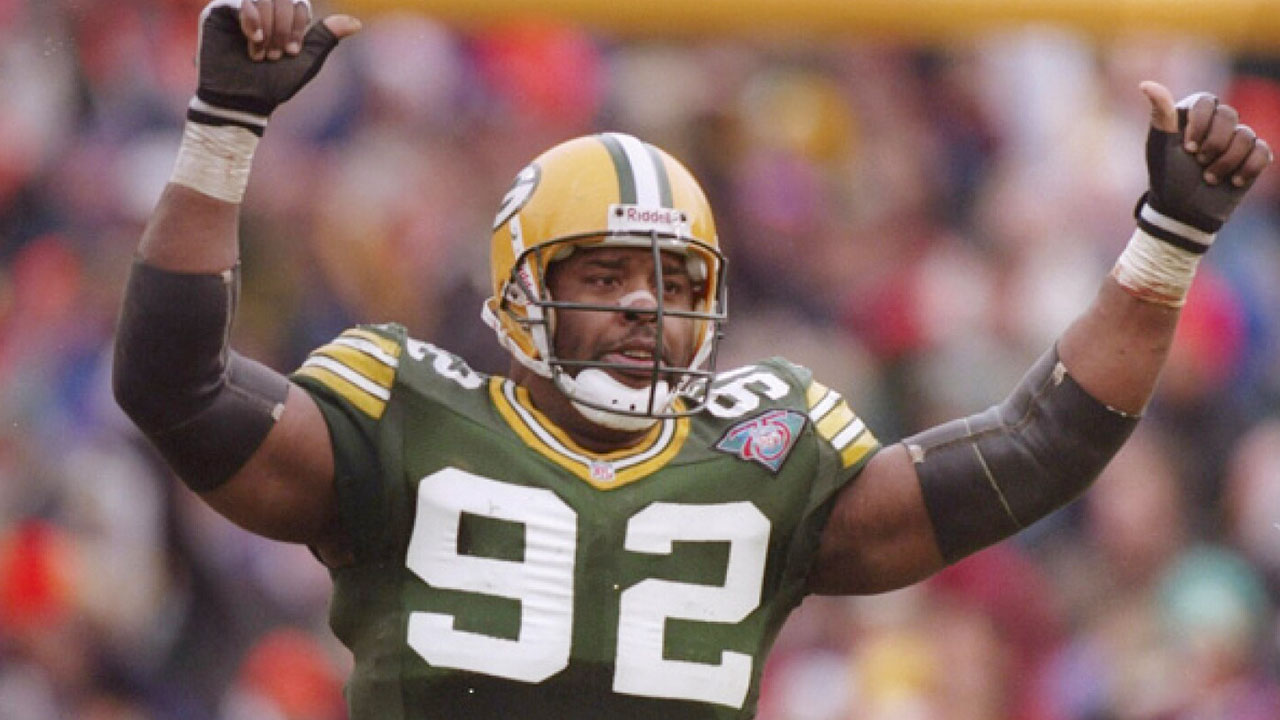
Reggie White, also known as the “Minister of Defense,” revolutionized the pass-rushing position. With his sheer size, strength, and agility, White proved to be unstoppable on the field. His ability to overwhelm offensive linemen and terrorize quarterbacks made him a game-changer. White’s impact on the game was so significant that he was named to the Pro Bowl a remarkable 13 times and was inducted into the Pro Football Hall of Fame in 2006.
Peyton Manning: The Master of the Game
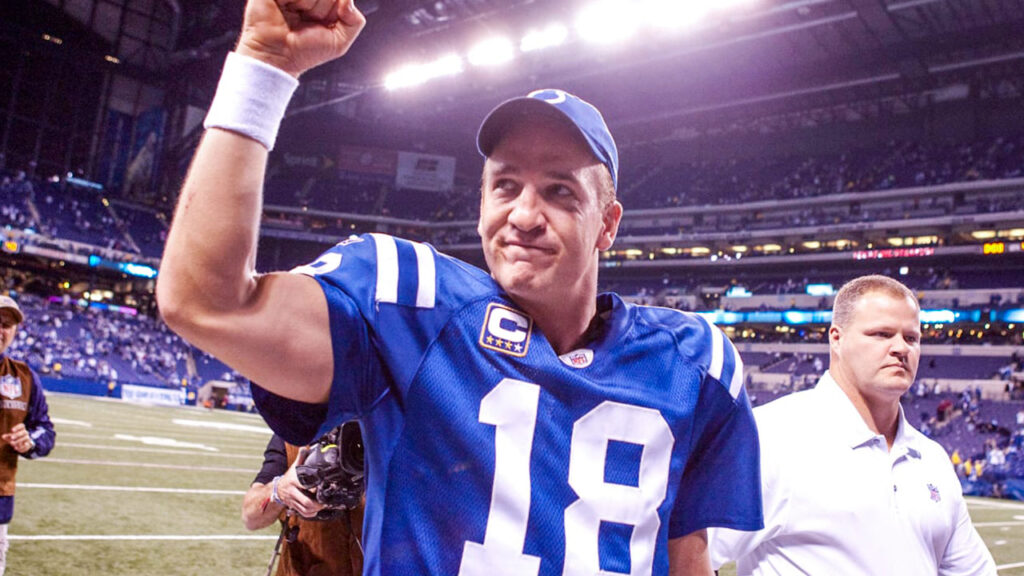
Peyton Manning’s unparalleled football IQ and meticulous attention to detail set him apart from his peers. With his ability to read defenses and make split-second decisions, Manning was a true master of the game. His record-breaking career, including multiple MVP awards and a Super Bowl victory, solidified his status as one of the greatest quarterbacks to ever play the game. Manning’s ability to control the game from the line of scrimmage and his relentless pursuit of perfection make him a true legend.
Deion Sanders: The Prime Time Show
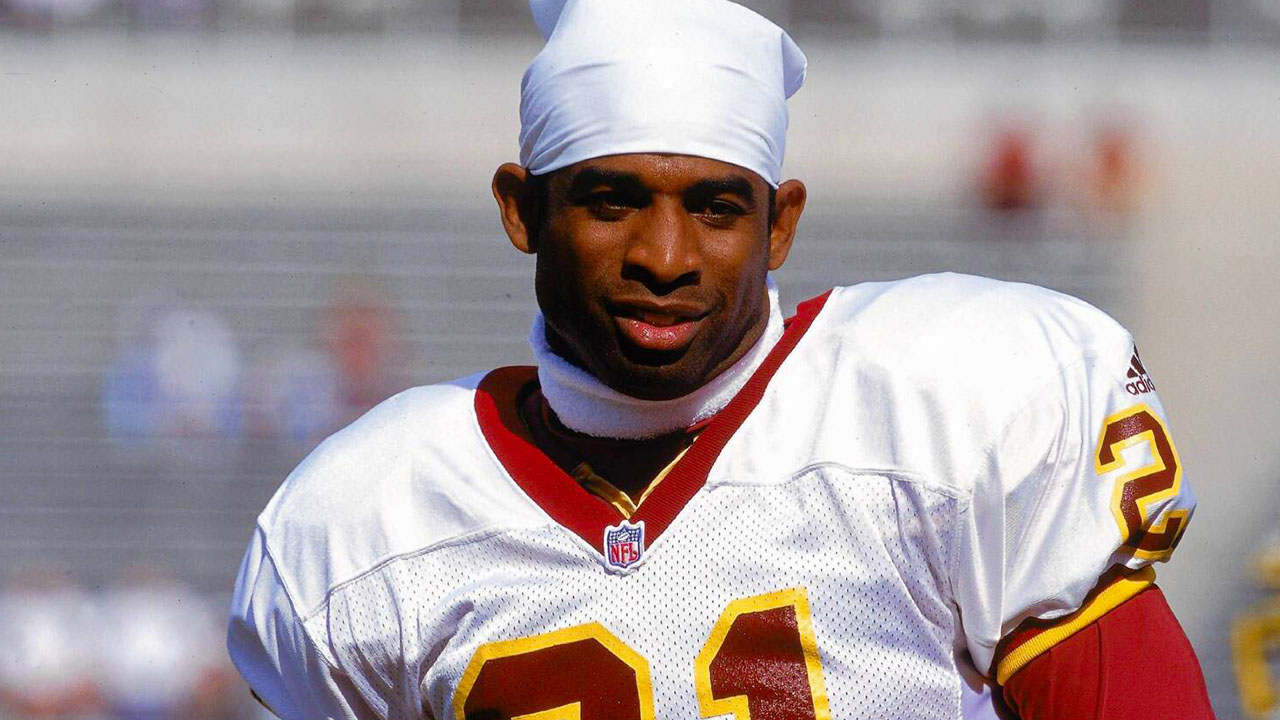
Deion Sanders, also known as “Prime Time,” was a true game-changer in every sense of the word. With his exceptional speed, agility, and ball-hawking skills, Sanders was a shutdown cornerback who could also make an impact on special teams and as a wide receiver. His ability to cover the field like no other cornerback before him made him a nightmare for opposing quarterbacks. Sanders’ impact on the game was so significant that he was named to the Pro Bowl eight times and won two Super Bowls during his career.
Honorable Mentions: Players that Just Missed the Cut
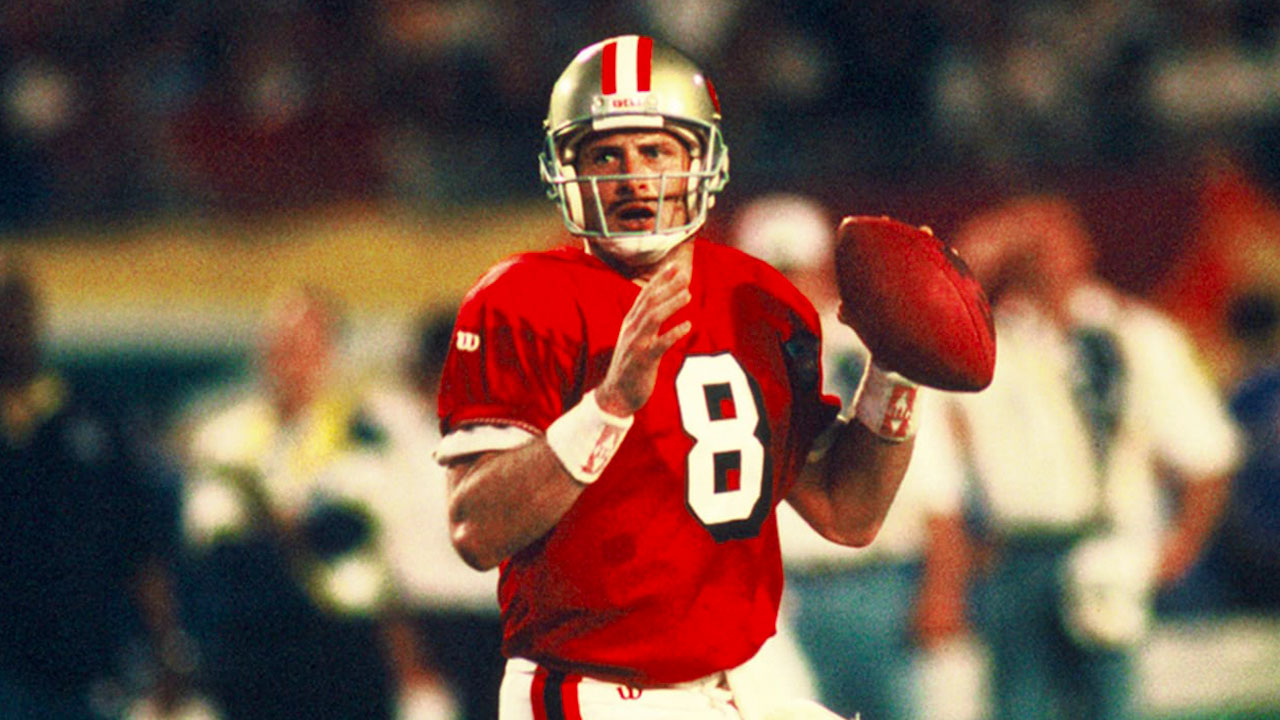
Terrell Owens: One of the greatest wide receivers of his era, Owens’ combination of size, speed, and athleticism made him an unstoppable force on the field.
Steve Young: Succeeded Joe Montana as the leader of the San Francisco 49ers, Young’s precision passing and ability to make plays with his feet set him apart.
Brett Favre: Known for his toughness, durability, and rocket arm, Favre’s ability to make big plays in clutch moments endeared him to fans and solidified his place among the greats.
Johnny Unitas: A true pioneer of the game, Unitas revolutionized the quarterback position and set numerous records during his illustrious career.
Conclusion
The debate over who truly deserves the title of the greatest NFL player of all time will always spark intense discussions among fans. Football is a game built on passion, and the rankings of these remarkable athletes can evoke both pride and intense debates. Nevertheless, the indisputable talent and records achieved by these players solidify their place in history as some of the greatest to ever grace the sport.
Their impact on the game, their records, and their individual brilliance will continue to inspire future generations of players. As we delve into the rankings and explore the top 10 greatest NFL players of all time, we witness the greatness that exists within the sport and the lasting legacy these players have left behind.
History of the National Football League (NFL)
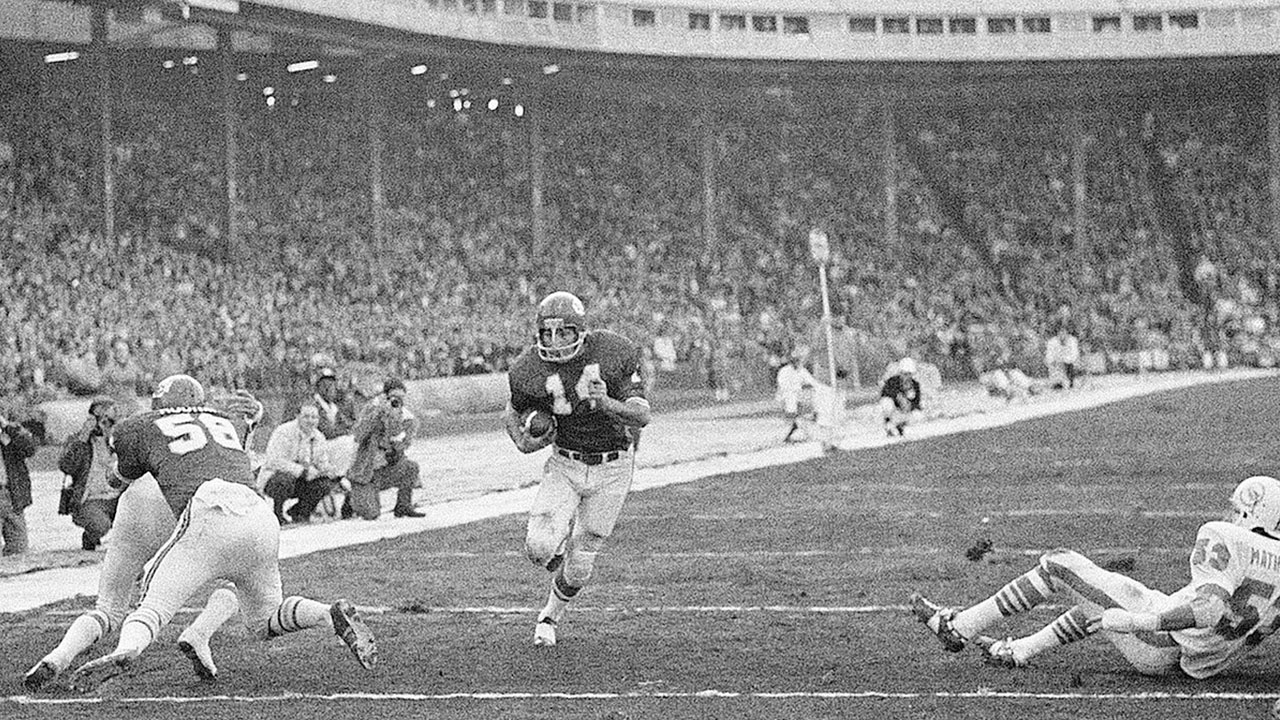
The National Football League (NFL) has a rich and fascinating history that dates back to the early 20th century. Here’s a brief overview of its history:
Early Origins and Formation (1920s)
The NFL was officially formed on August 20, 1920, in Canton, Ohio, as the American Professional Football Association (APFA). The league consisted of ten teams, mainly from the Midwest. The league’s name was changed to the National Football League in 1922.
Growth and Challenges (1930s-1940s)
The NFL faced various challenges during this period, including competition from rival leagues and financial difficulties during the Great Depression. However, the league continued to grow and develop, and by the end of the 1930s, it had established itself as the premier professional football organization in the United States.
The NFL-AFL Merger (1960s)
In the 1960s, the NFL faced competition from the upstart American Football League (AFL), leading to a fierce rivalry between the two leagues. This competition ultimately led to a merger agreement in 1966, which paved the way for the first Super Bowl to be played in 1967. The merger united the NFL and AFL under the NFL’s structure, with the AFL’s teams becoming the American Football Conference (AFC) within the NFL.
Super Bowl Era (1970s-1980s)
The NFL’s popularity soared during the 1970s, fueled in part by the success of the Super Bowl. The Pittsburgh Steelers and Dallas Cowboys were dominant teams during this era, winning multiple championships. The NFL also saw the emergence of iconic players like Joe Montana, Terry Bradshaw, Walter Payton, and others.
Modern Era (1990s-Present)
The NFL continued to grow in popularity through the 1990s and into the 21st century. The league introduced various rule changes to enhance the game’s excitement and protect player safety. The New England Patriots became a dominant team, winning multiple championships under quarterback Tom Brady and coach Bill Belichick.
The NFL also faced controversies and challenges, including player strikes, debates over player safety and concussion-related issues, and instances of player misconduct off the field. However, the league remains a major force in American sports and entertainment.
Social and Cultural Impact
The NFL has played a significant role in American culture and society. The Super Bowl, in particular, has become a major cultural event, attracting millions of viewers and featuring high-profile halftime shows and commercials. The league has also been involved in various philanthropic and community initiatives, and football itself has become deeply ingrained in the American sports landscape.
Throughout its history, the NFL has evolved from a modest beginning into a massive, internationally recognized sports league with a profound impact on American society and culture. It continues to shape the sports world and capture the attention of fans around the globe.



